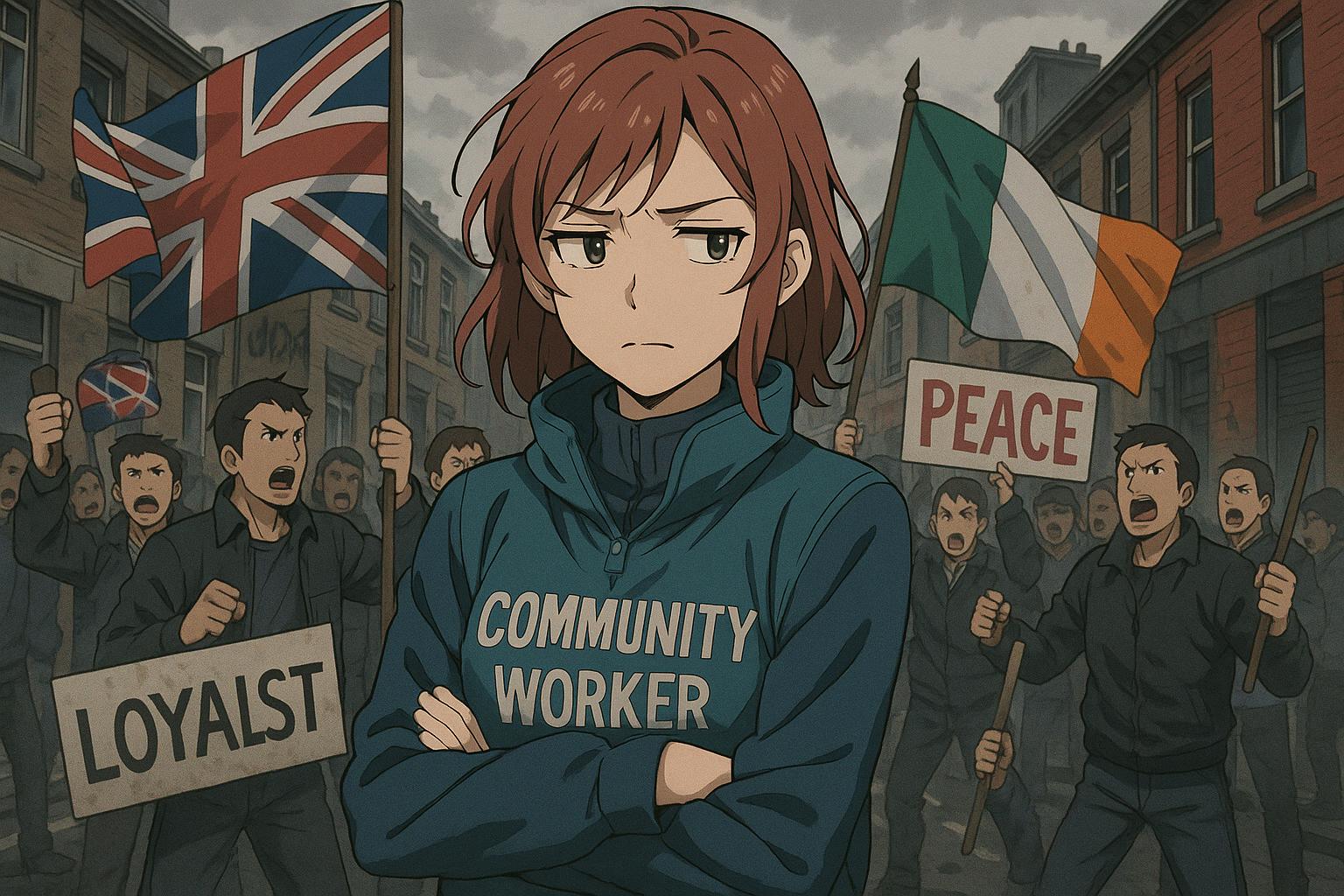Winston 'Winkie' Irvine has become a figure of both intrigue and controversy in Northern Ireland, epitomising the complex dynamics of peace and community relations in the region. A community worker with ties to the Loyalist Communities Council, Irvine's history is interwoven with political affiliations and contentious activities that have sparked significant debate. His recent legal troubles, including a guilty plea to firearms and ammunition charges, add layers to an already multifaceted narrative about the reconciliation process in Northern Ireland.
The tensions surrounding Irvine are symptomatic of the broader challenges facing loyalist communities today. With political instability and rising dissatisfaction among various factions, many view Irvine as a representation of entrenched divisions rather than a bridge-builder. According to reports, his involvement in events such as a recent demonstration by the Ulster Volunteer Force (UVF) highlights the community's struggle against a backdrop of increasing unrest. Such displays rekindle fears for peace, questioning the very foundations of community trust that are vital for lasting reconciliation.
Moreover, Irvine's journey draws attention to the nuances of state-sponsored initiatives aimed at promoting peace. Controversially, public funds amounting to £15,000 were allocated for his Master's degree in peacebuilding. This situation raises critical questions about how taxpayer money is utilised and whether it effectively contributes to real community development or merely perpetuates the status quo. Critics argue that funding individuals with ties to paramilitary groups could undermine public trust in community initiatives designed to foster a peaceful, inclusive society.
The juxtaposition of Irvine's activities against the aspirations of grassroots peace efforts accentuates the ongoing difficulties of navigating Northern Ireland's post-conflict landscape. While some within his community view him as a legitimate figure advocating for loyalist interests, others see his actions as detrimental to the fragile peace built over decades. As tensions simmer within these communities, the necessity for robust dialogue and understanding appears more pressing than ever.
Ultimately, the case of Winkie Irvine is illustrative of the broader complexities involved in Northern Ireland’s ongoing quest for peace. To effectively address the concerns and aspirations of all community stakeholders, a re-examination of how public figures are funded and supported in their work towards peace is crucial. The path to reconciliation may be fraught with obstacles, but it is essential to engage authentically with the reality of all communities involved.
Reference Map:
Source: Noah Wire Services
